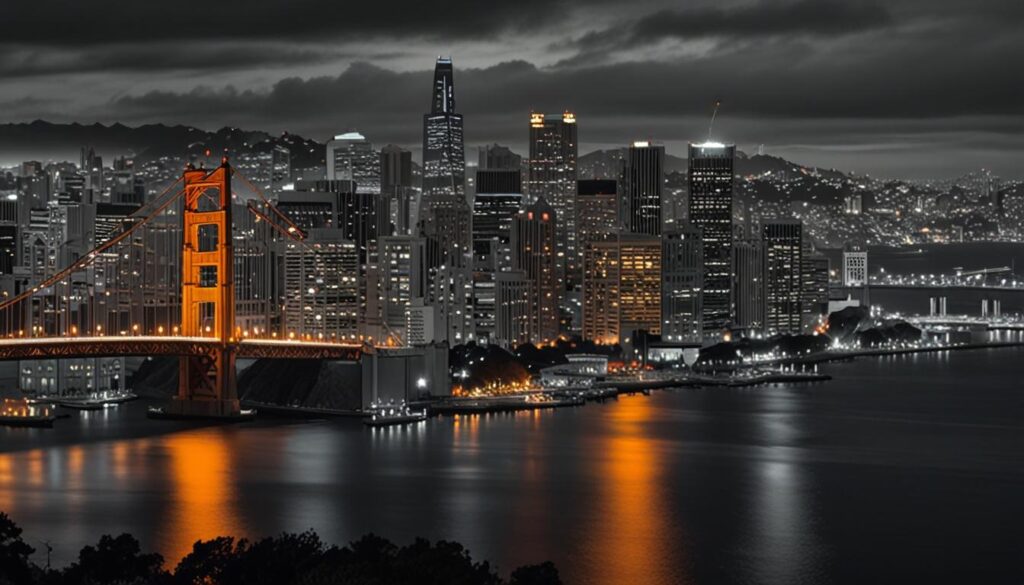Lowercarbon and Crusoe Energy Systems LLC announce an innovative hackathon in San Francisco, in collaboration with OpenAI, aimed at leveraging AI to overcome barriers in federal permitting processes for clean energy projects. The event will bring together experts from various sectors to work on solutions using a new DOE dataset and will feature a public workshop on AI’s role in energy transition.
San Francisco to Host Hackathon for Clean Energy Innovation
San Francisco, CA – Amid an accelerating drive to facilitate clean energy projects, Lowercarbon and Crusoe Energy Systems LLC have announced their co-hosting of an innovative “Hackathon for Clean Energy”. The event, which is slated to start at Crusoe’s San Francisco offices, will feature the participation of OpenAI, which will provide technical mentorship and open up its resources, including AI credits. This 24-hour hackathon aims to leverage artificial intelligence (AI) to address critical barriers in federal permitting processes for clean energy projects.
Scheduled to commence on Friday afternoon and run through Saturday, the event will bring together around 100 engineers, designers, and product leaders from diverse sectors, ranging from academia to Fortune 500 companies. These participants will work collaboratively using a novel dataset from the Department of Energy (DOE) to seek AI-driven solutions that could accelerate the transition to clean energy.
A key highlight will be the presence of Amy Tong, Secretary of Government Operations for the state of California, who will help inaugurate the hackathon. Additionally, the event will feature a public workshop hosted by officials from the DOE focusing on the potential of AI to expedite the energy transition, with discussions on pivotal topics such as energy permitting.
Participants of the hackathon will have the invaluable guidance of expert mentors from OpenAI, DOE, National Labs, and other notable entities. The mentors’ role will be to assist the teams in navigating complexities and provide strategic insight into how best to harness AI for the event’s objectives.
Judging Panel and Evaluation
The hackathon’s projects will be evaluated by an esteemed panel, including Vanessa Ching from NVIDIA, Clay Dumas of Lowercarbon, Chase Lochmiller, co-founder and CEO of Crusoe, Jonathan Reiber from OpenAI, and Professor Jane Woodward from Stanford University. These judges bring diverse expertise from startup acceleration to environmental engineering, promising a comprehensive evaluation of the projects.
Access to New DOE Dataset
Participants will delve into a recently published AI-ready dataset from the Department of Energy, compiled by the Pacific Northwest National Laboratory. This repository consists of over 4.8 million documents, encompassing nearly all environmental impact statements made by federal agencies since October 2012. This data is expected to provide invaluable insight for developing solutions not only for energy permitting but also to streamline complex processes like tax credit monetization for renewable energy and home electrification rebates.
Public Workshop
Marking the opening of the hackathon, a workshop will be held featuring key speakers from the DOE:
- Charles Yang, AI Policy Advisor, Office of Critical and Emerging Technologies, DOE
- Keith Benes, Senior Fellow, DOE
- Dan Nally, Project Manager, Pacific Northwest National Laboratory
- Shivam Sharma, Data Scientist, Pacific Northwest National Laboratory
The workshop is intended to foster public understanding and provide a platform for discussions on leveraging AI to advance clean energy projects.
Statements from Organisers
“Our goal is to scale AI sustainably and responsibly using clean energy sources,” said Chase Lochmiller, CEO and Co-Founder of Crusoe. “The hackathon is an opportunity to bring together some of the best minds from various sectors to create innovative solutions addressing the critical barriers in renewable energy development.”
Clay Dumas, General Partner at Lowercarbon Capital, underscored the urgency, stating, “As AI’s energy demands surge, we must innovate quickly to keep pace. This hackathon is akin to big wave surfing; we need to build new tech that can get us ahead of the curve and sustain our de-fossilization efforts.”
Demonstration and Conclusion
The hackathon will conclude on Saturday afternoon with a demo day where participants will present their solutions to a panel comprising policymakers, venture capitalists, and engineering leaders. The event promises to be a significant step forward in accelerating clean energy deployment through technological innovation.
Overall, the hackathon represents a collaborative endeavour, merging expertise from different fields to address one of the most pressing issues of our time—transitioning to a sustainable energy future.










